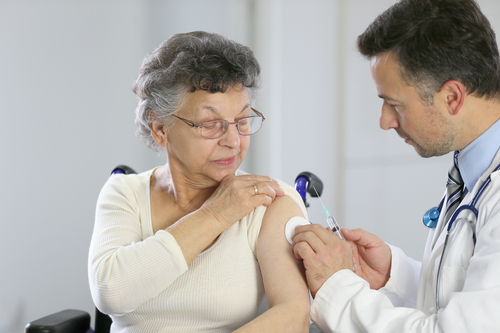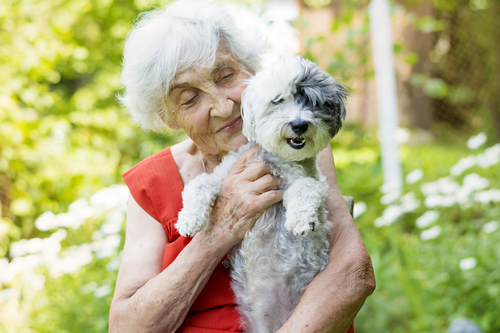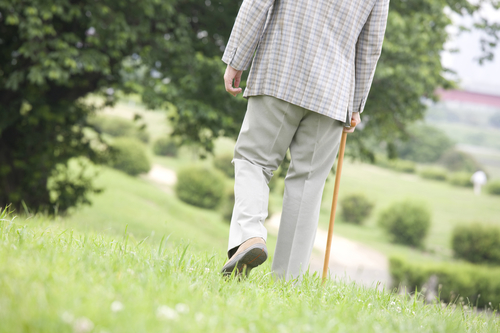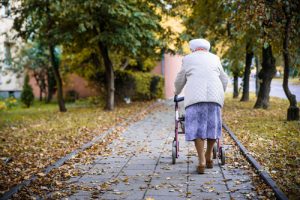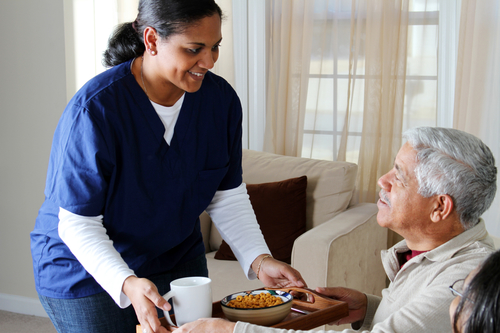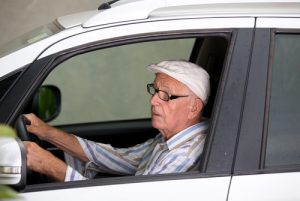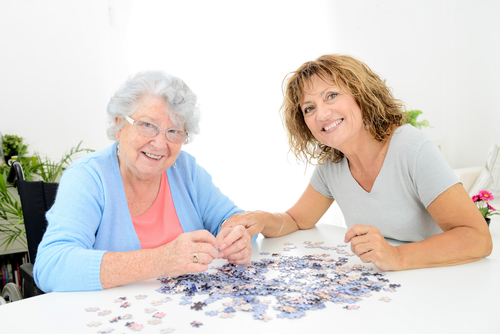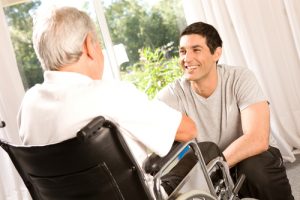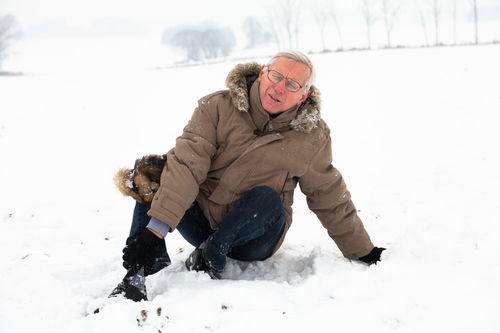
It’s winter in New Hampshire and that can only mean two things, lots of ice and snow, and a lot of chances of falling. While we all know the danger of falling, for most people it’s bruised muscles at best, and a broken bone at worst. It’s much different for seniors. One wrong fall can lead to broken bones, having to leave their home, and possibly even death. Falls are the number one cause of injury for seniors. Here are 6 ways to prevent falling.
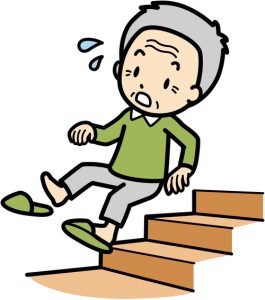
6 Ways to Prevent Falling
1. Footwear
Shoes should have anti-slip material like rubber and neoprene instead of leather or plastic. They should also have good tread to keep you upright. If your shoes don’t have either, you can also order external traction cleats.
2. How You Walk
Try taking smaller steps when you are on snowy or icy terrain. Keeping your feet closer to you gives you a bit more control and forces you to slow down. Also try to keep an eye out six feet ahead of you so you can know what’s coming. Carrying anything that blocks your vision is just asking for something to trip you.
3. Your Home
You spend a lot of time at home and your home is filled with tripping hazards: small boxes, newspapers on the ground, extension cords, etc. Try to organize everything so that you have clear paths and that way, you can get to where you need to be without getting hurt. Also try to wear footwear with no skid bottoms, like slippers, it can make it easier to navigate on hardwood surfaces.
4. Use Handrails
This might seem obvious, but try to use handrails when going up and down stairs. It gives extra support and balance. You can also use them in the bathroom and make it easier to get in and out of the shower.
5. Staying Fit
One of the best ways to prevent falling is to maintain your strength and agility. As we get older we lose muscles faster than when we were younger. Try to do small exercises to stay active.
6. Do Not Stick Out Your Hands When Falling
It’s instinct but it can lead to broken wrists. Instead, when falling forward, try to move your body so you land on your side. When falling backwards, tuck your chin towards your chest to prevent hitting your head.
Read more about prevent falls here.




